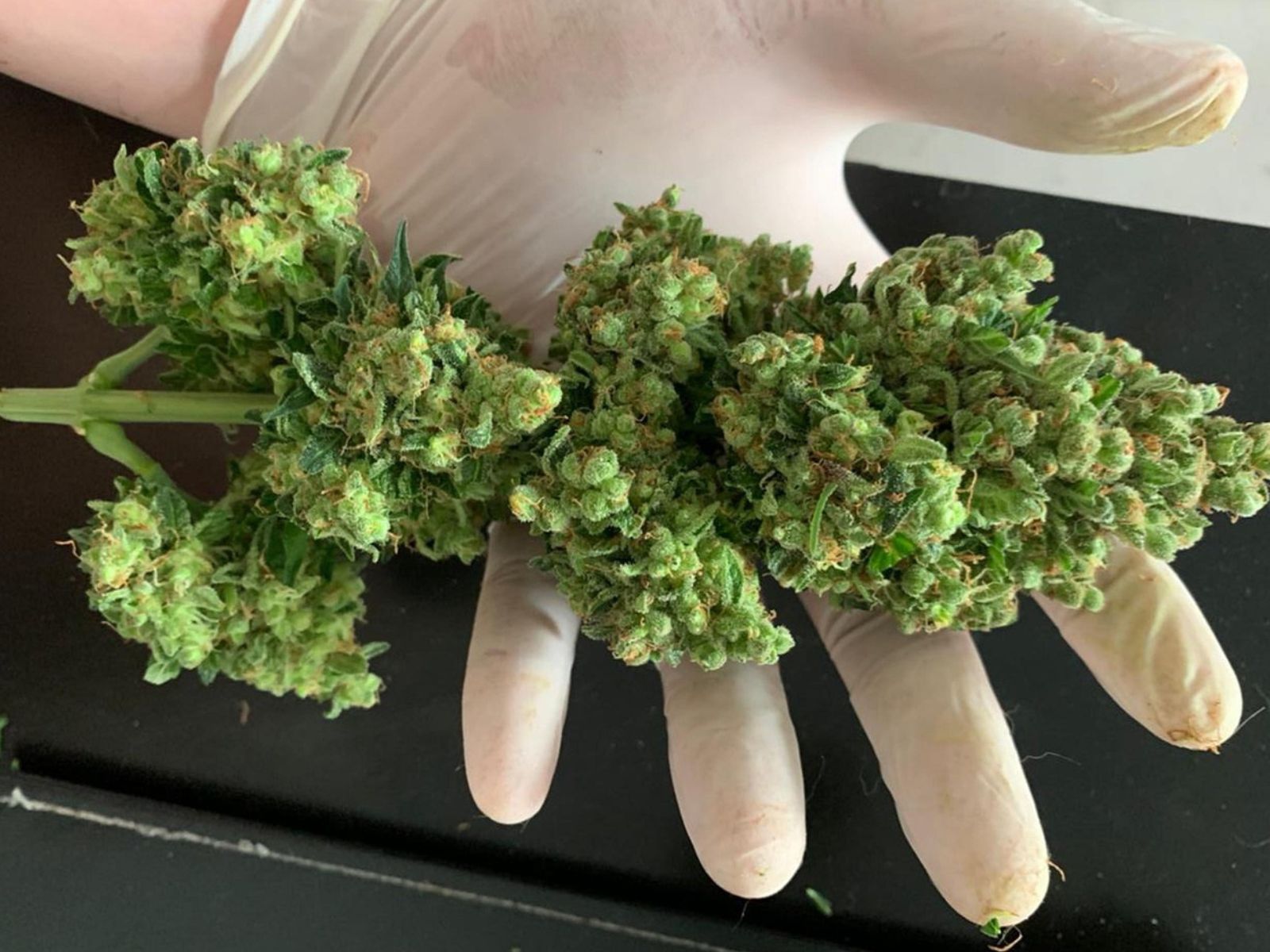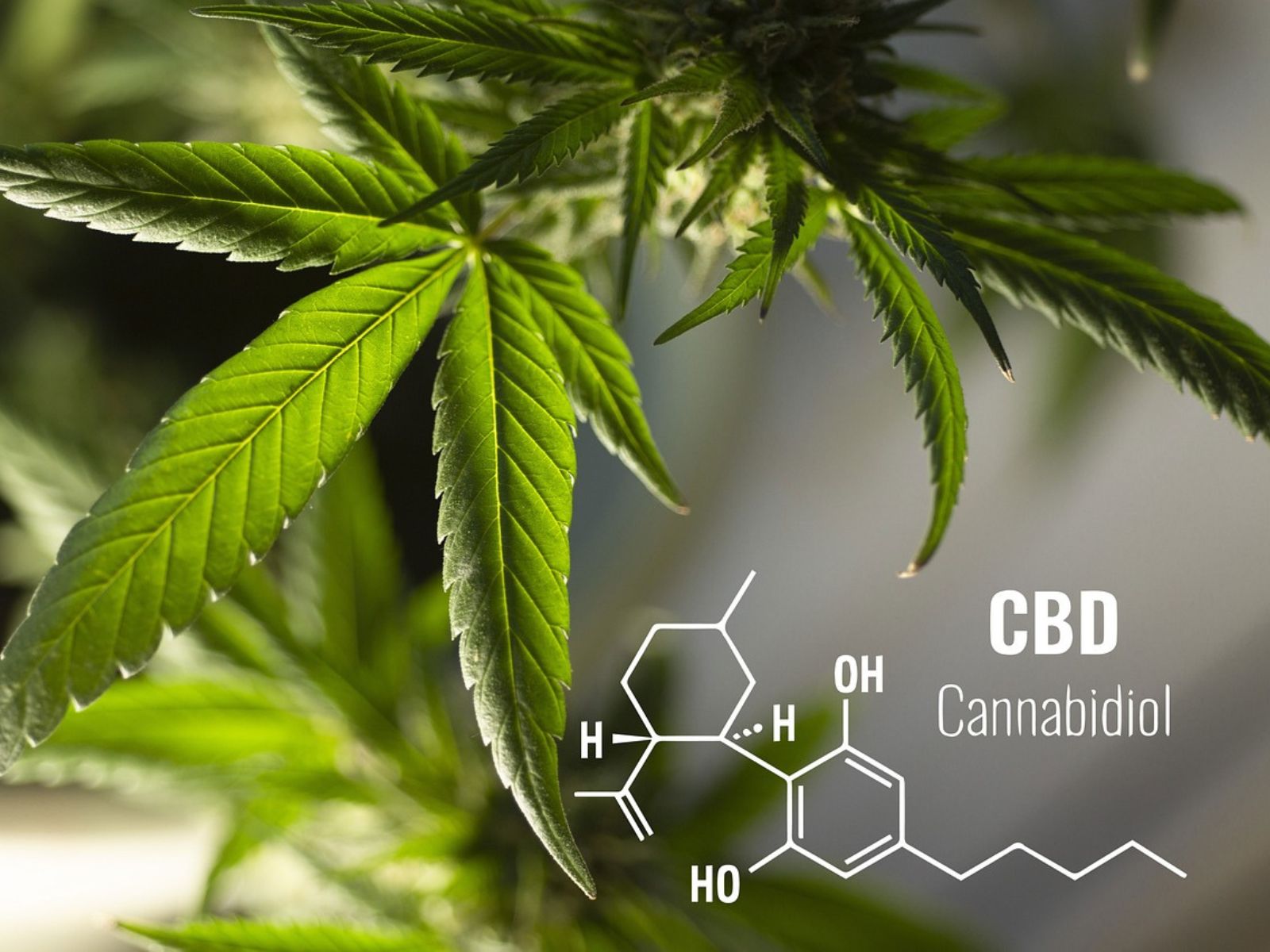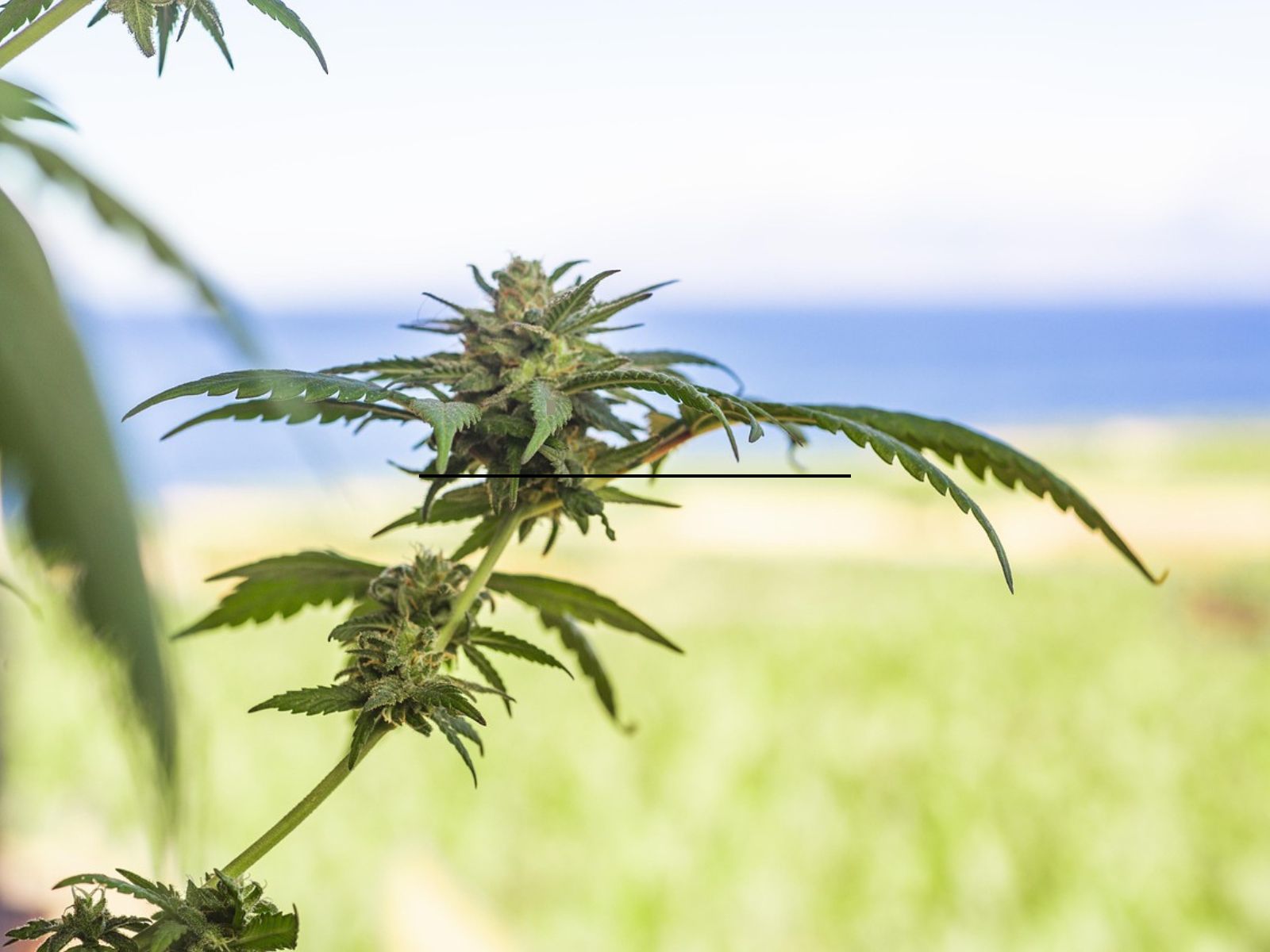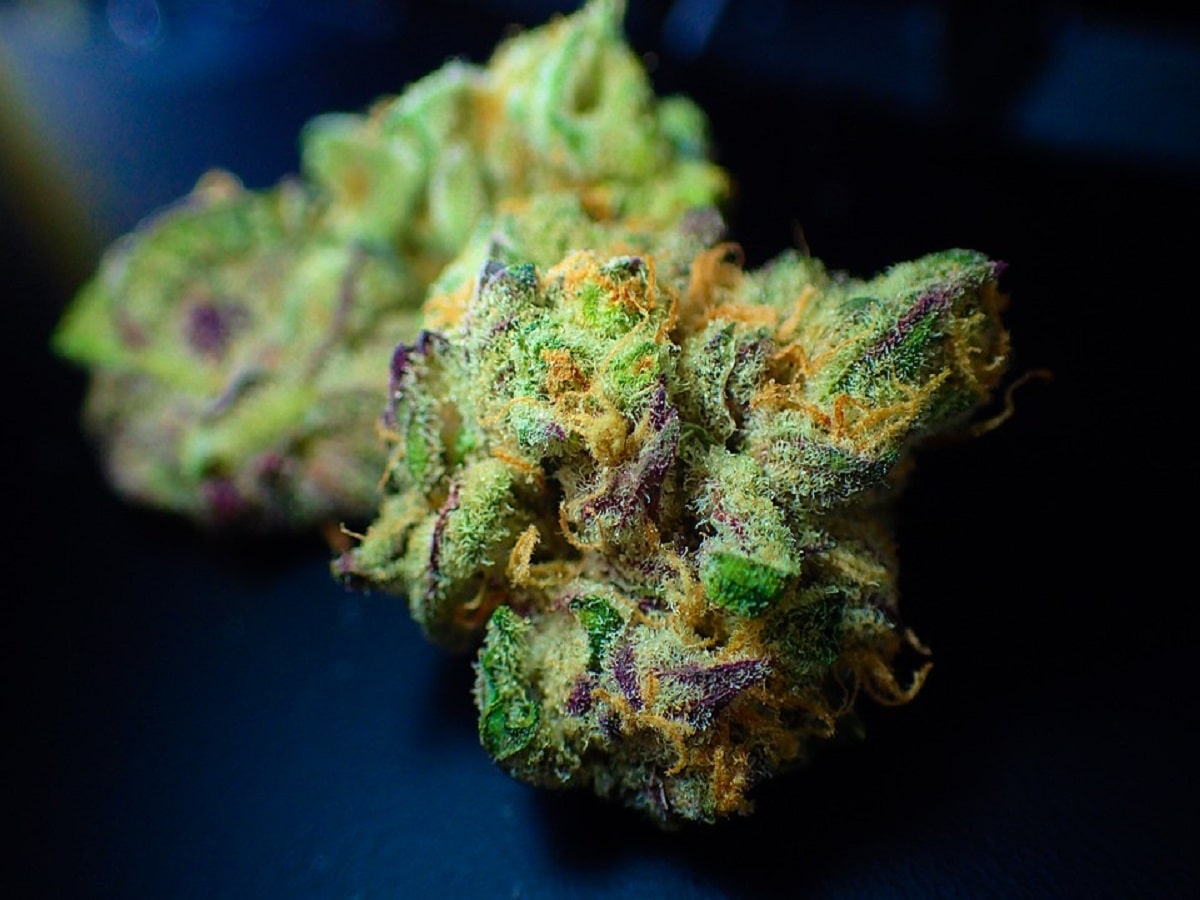
World’s First President To Legalize Recreational Cannabis Passes Away

World’s First President To Legalize Recreational Cannabis Passes Away
National-level recreational cannabis reform has occurred in six countries so far, and hopefully, more will be on the way soon. However, one country will always hold the distinction of being the first to make the public policy change. That country is, of course, Uruguay, and its president at the time will forever be known as the first president to ever legalize recreational cannabis.
Unfortunately, that iconic figure in cannabis history, the former President of Uruguay, José “Pepe” Mujica, has passed away. Mr. Mujica died today at the age of 89.
Global cannabis prohibition spread across the world in the first half of the 1900s, and cannabis remained prohibited at the national level in every country for decades until Uruguay made history in 2013 by approving the first-ever national recreational cannabis legalization law. It was a historic milestone not only for Uruguay but also for the global cannabis movement, and President Mujica made it possible by having the courage to sign off on the measure.
Leading up to legalization in Uruguay, then President Mujica was very vocal and personally championed the issue, telling the mainstream media that cannabis was not a gateway drug when reporters tried to promote that talking point in interviews with him.
“It’s actually the opposite,” President Mujica said in August 2013, roughly 4 months before he signed the legalization measure. “People seek crack and other more dangerous poisons when they have no access to marijuana.”
These days, modernizing national policies to permit recreational cannabis commerce to boost public health outcomes and combat the unregulated market is more common. But prior to Uruguay legalizing cannabis, José Mujica was seemingly the only global leader to be making that argument.
In an interview with CNN host Andres Oppenheimer at the time, Mujica pushed back on a snarky question from the reporter who implied that 30 grams of cannabis was ‘too much’ for one person for a one-month supply.
“It’s 30 grams,” Mujica clarified. “And the advantage [of Uruguay’s legalization policy] is that we can identify who is consuming. If we identify consumers, we can help them. If we criminalize them and keep them underground, we steer them towards drug dealers and wash our hands of responsibility.”
While he was vocal in his push to modernize Uruguay’s national cannabis laws, José Mujica ultimately signed the historic measure with little fanfare. In the world of politics, making history is a golden opportunity to pander to anyone who will listen. Any other leader would have made it all about themselves.
But that wasn’t Mujica’s style. Instead, he quietly signed the measure into law and largely let the world find out about it from other sources and lawmakers. His humility was only rivaled by his courage. Mujica is an inspiration for the global cannabis movement, and he will be missed. Reporter Javier Hasse likely captured it best in his article for Benzinga.
“As the world continues to move toward legalization and regulation, Mujica’s legacy stands as a reminder that real change comes from courage and from putting people first.” Hasse wrote. Javier also wrote a separate piece for Forbes, which contains data highlighting how successful Uruguay’s legalization model has proven to be over the years. It is an insightful article, and I encourage everyone to read it.
Rest in peace, President Mujica. You will remain a hero to many, and your legacy will endure forever.
Share article


Share article
Join Our Awesome Community
Join Our Awesome Community
Join Our Awesome
Community
Get all the latest industry news
delivered to your inbox







